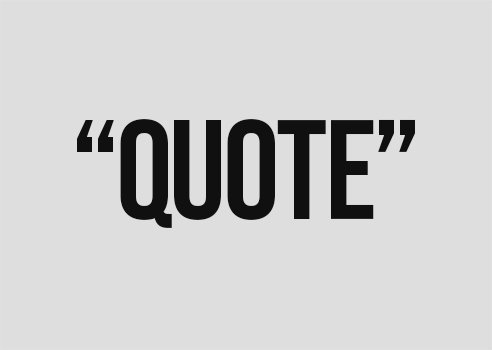Reading time: About 2.5 minutes
Non-fiction writers are usually allergic to making stuff up. But, ironically, many of us struggle with making quotes more believable. Here are some tips….
Have you ever had to “make up” quotes for your boss? This is not such an unusual thing in the world of corporate communications. Bosses are busy and they often don’t have time to be interviewed by their own PR or public affairs person.
As a result, the communications worker must manufacture the quote so the boss can review it and decide whether it suits him or her.
Here’s the big problem: Many of these manufactured quotes are just plain unbelievable. Look at this sad example from the government of Canada.
Would a real person ever say: “Energy efficiency improvements help lower costs for Canadian families and businesses while safeguarding the environment.” This obviously-manufactured quote has too many multiple-syllabled words butting heads with each other. Just try saying “energy efficiency improvements” five times, quickly, and you’ll understand what I mean.
While there are some clear rules about how to handle quotes once you’ve collected them, there are also some incredibly easy ways of making quotes more believable. Here are seven tips on avoiding the fate of marble-mouthed quote maker:
- Use contractions. When people write they might say do not, cannot or will not. But when they speak they almost always say: don’t, can’t, won’t. Use contractions and you’ll sound more real. Work to keep them out of your quotes, however, and you’ll be giving readers a flashing red light that you’ve made the quotes up, holus-bolus.
- Don’t use too many big words. Just as Occam’s razor holds that the simplest explanation is usually the most accurate, smart writers know that short, easy-to-say words are usually the best representation of how people really speak. Don’t employ grandiloquent when you can use overblown. Don’t say hazardous when you can replace it with risky.
- Don’t use long sentences. Even though most people typically speak in a somewhat rambling way, with few clear sentence ends, we expect our leaders (or characters in the books we read) to produce short, sharp quotes with neatly-tied ends. Don’t have anyone say: “This year’s ENERGY STAR award recipients have demonstrated real leadership in promoting the benefits of energy-efficient products and technology to Canadians.” Instead, trim it to: “These winners have demonstrated real leadership.” (Doesn’t that sound much more believable?)
- Paraphrase judiciously. You don’t need to quote everything. If you have some obligatory stuff to say (for example the name of the ENERGY STAR program in the government press release above), don’t work it into a quote. This will inevitably sound laboured. Instead, paraphrase and put the juicier material in the quote.
- Ask someone else to review your quotes. Ask a friend or a coworker to consider, specifically, whether the quotes you’ve invented sound like the spoken word. Be sure to phrase your request this way so they consider the style rather than the content.
- Listen to how your boss really speaks. I’m not suggesting that you use your cellphone to secretly record him or her. But listen to the types of words he or she typically uses and try to incorporate them into your quotes. As well, note the sentence construction. Does your boss generally use straightforward sentences: Subject, predicate, object. Or does he or she typically begin with a number of dependent clauses? Make an effort to insert some of this style into your quotes, too.
- Read the quotes aloud. This tip is so important I’d call it a rule. The true test of whether your quotes sound like the spoken word occurs when you actually speak them! If the quotes sound unrealistic as soon as they come out of your mouth, that’s a pretty clear sign you still have some work to do.
And in case you hadn’t made the connection, all of the rules above can and should be applied to your dialogue if you’re a fiction writer.
Have you ever had to “make up” quotes for your boss? How did it go? We can all learn from each other so please share your thoughts with my readers and me by commenting below. (If you don’t see the comments box, click here and then scroll to the end.)


